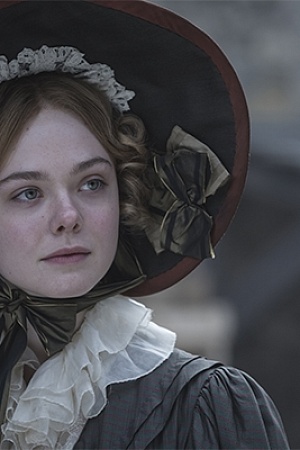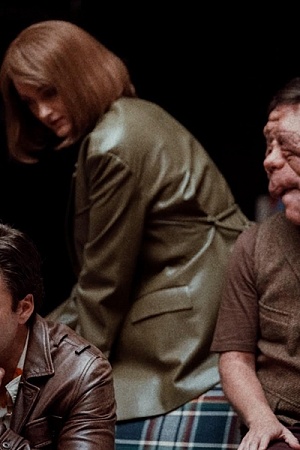Joe Cinque's Consolation ★★★
Early in Helen Garner’s Joe Cinque’s Consolation (2004) there is a striking description of Anu Singh, the Canberra law student arrested in 1997 for drugging her boyfriend Joe Cinque with a cocktail of heroin and Rohypnol. In court one morning, Singh uses the interval before the judge’s arrival to tie back her hair. Most observers would scarcely register this commonplace act, but Garner homes in, giving a blow-by-blow account of what she sees as ‘an almost indecently intimate and histrionic display, a series of age-old feminine gestures’.
Garner, it hardly needs saying, is an extraordinary writer, and what she does is qualitatively different from the usual run of crime journalism. She writes not as an expert in law or criminal psychology, but as a literary artist – equipped with a rare sensitivity to nuances of dress, speech, and body language, and with the faith that such details can reveal the essence of a personality or a moral condition.
Continue reading for only $10 per month. Subscribe and gain full access to Australian Book Review. Already a subscriber? Sign in. If you need assistance, feel free to contact us.











Leave a comment
If you are an ABR subscriber, you will need to sign in to post a comment.
If you have forgotten your sign in details, or if you receive an error message when trying to submit your comment, please email your comment (and the name of the article to which it relates) to ABR Comments. We will review your comment and, subject to approval, we will post it under your name.
Please note that all comments must be approved by ABR and comply with our Terms & Conditions.